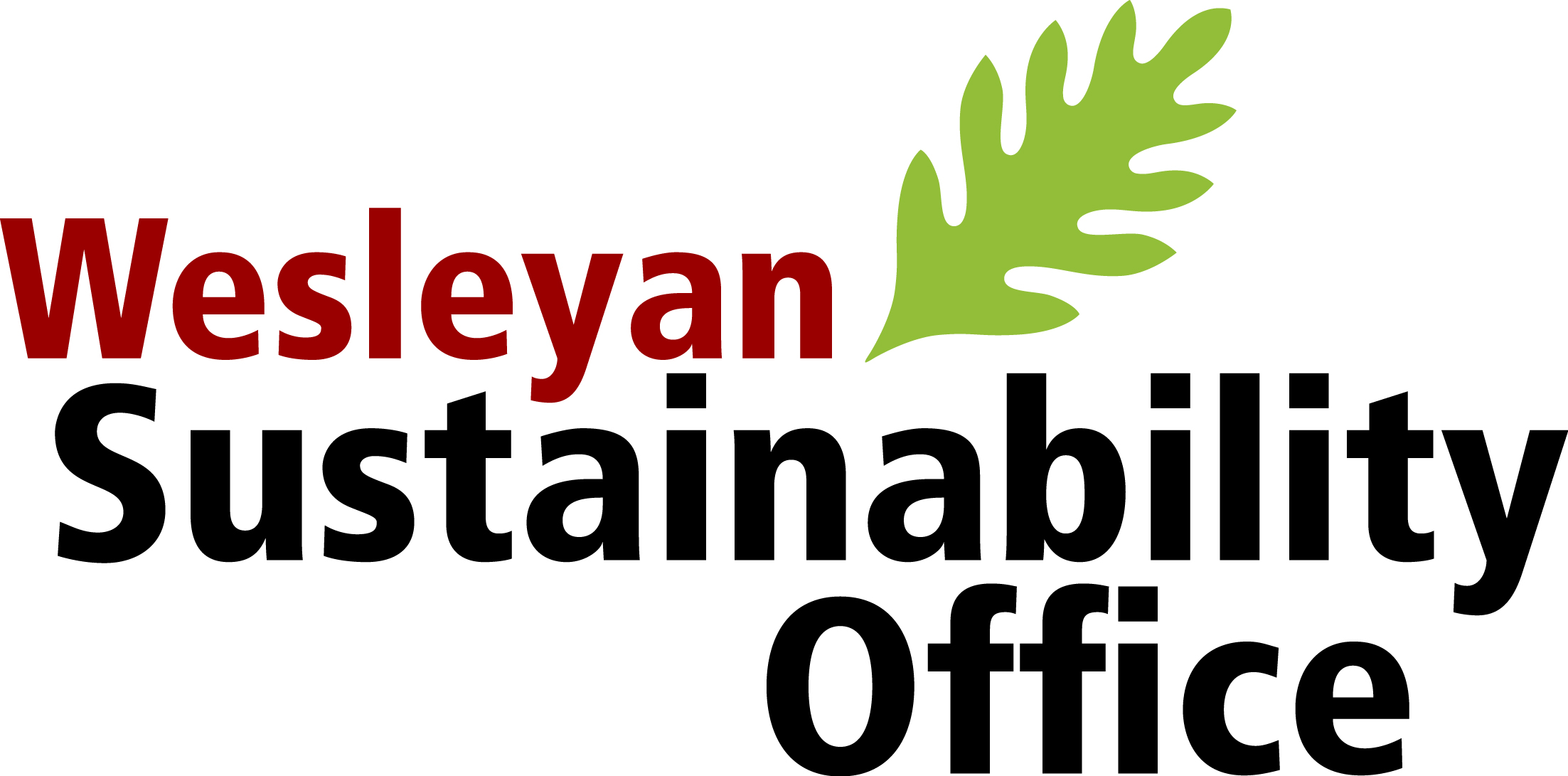Sustainability Office Antiracism & Intersectionality Commitment
Updated May 7, 2024 (originally published February 8, 2021)
Race, ethnicity, and socio-economic status are primary determinants of who bears the cost of environmental destruction. Black, Indigenous, People of Color (BIPOC) and low-income communities are at the forefront of the climate crisis. In spite of their centrality and disproportionate burden, the environmental movement has often excluded their voices and ignored their calls for environmental justice.
Intersectionality, a term coined by Professor Kimberlé Crenshaw in the late 1980s, describes “how race, class, gender, and other individual characteristics ‘intersect’ with one another and overlap.” In the context of environmentalism, intersectionality identifies ways that injustice and ecological destruction intersect with marginalized communities’ lived experiences. Systemic inequities are deeply ingrained in our systems and spaces. True environmental sustainability, and the creation of a liveable future for all, cannot occur without centering justice and equity in our mission.
The Wesleyan Sustainability Office recognizes that we have historically failed to create a diverse and inclusive community that practices an intersectional approach to environmentalism. We set forth the following resolutions as our commitment to an intersectional approach in our daily practice of sustainability.
- Guiding Principles
All members of the Wesleyan Sustainability Office commit to:
- Challenging and dismantling how the Sustainability Office and Wesleyan University maintain ties between environmentalism, racism, and systemic inequities.
- Using hiring, training, and internal conversations to dismantle economic, social, cultural, and racial barriers to sustainability, including training for students involved in office hiring that address internal bias on ways that racism and prejudice manifest in interviewers (ex: unprofessional, unengaged, unprepared).
- Centering and pursuing equity and justice in our long-term project planning and day-to-day work.
- Ensuring that office-sponsored programming is diverse and inclusive in pursuit of equity.
- Supporting and attending events and conversations that reach beyond the Office that recognize the inherent intersectionalities in sustainability.
- Practicing self-reflection regarding how unconscious bias manifests in past or present actions to create harm, and pursuing appropriate restorative action.
- Inviting anonymous feedback from the greater community regarding instances of harm, and pursuing restorative action appropriate to the circumstance.
- Principles in Practice
We will publish the specific and actionable goals that members of the Wesleyan Sustainability Office are committing to for the 2024-2025 academic year in early September 2024.
We welcome feedback from all on our efforts to promote diversity, equity, inclusion, and justice via this anonymous form.

